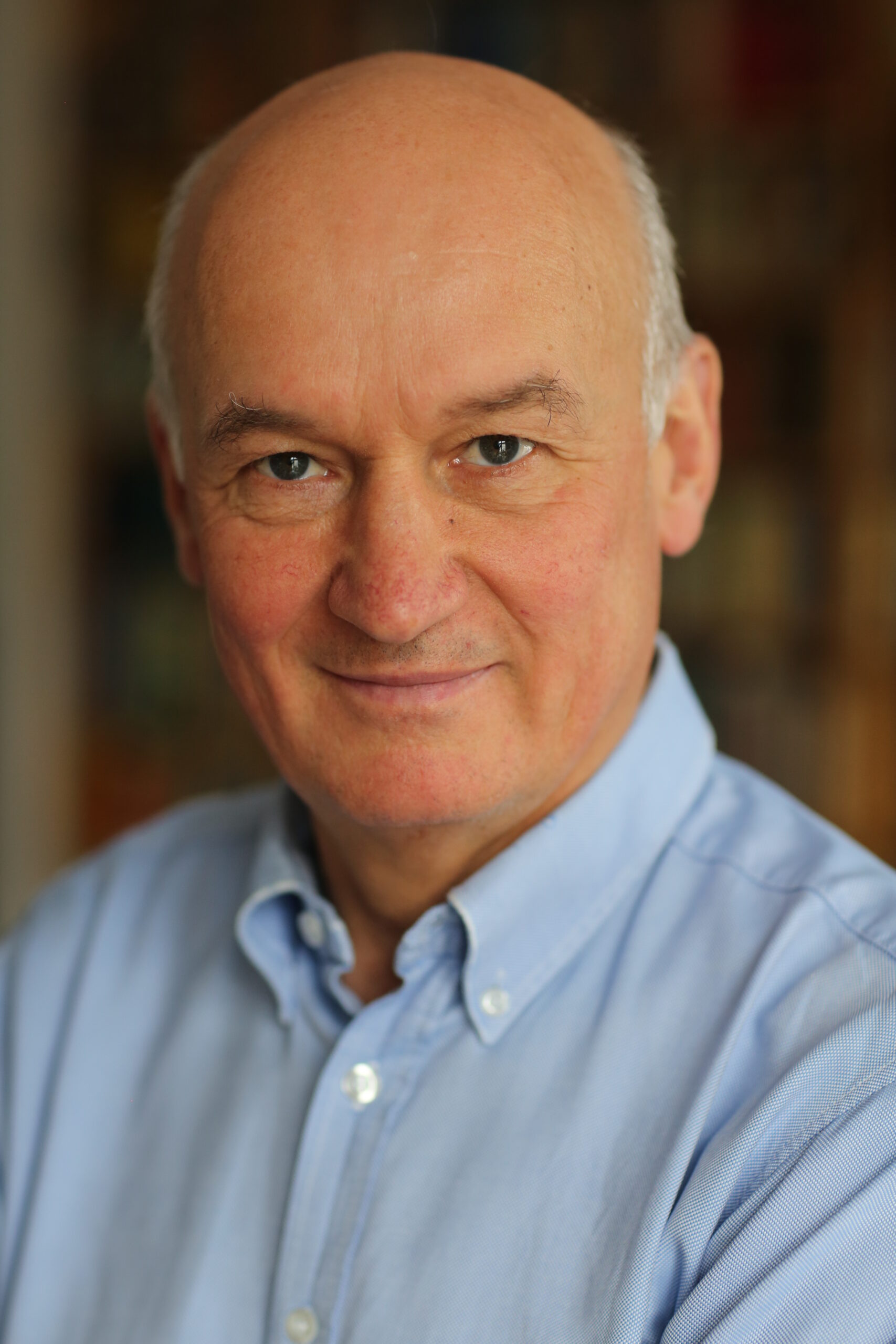Event recording
Event description
A logical consequence of the transhumanist programme of improving humans beyond biologically evolved conditions is an artificial evolution, using technical and medical implements, with the final aim of abolishing death. This goal can be gleaned from publications of leaders of the transhumanist movement. Some principal medical technologies, such as the growth of artificial organs for replacement, gene editing for genetic repair, preventive gene therapy as witnessed during the Covid-19 pandemic as “SARS-CoV-2 vaccinations”, are available, at least in principle, to that effect. The general discourse and a wide reflection whether these developments are at all beneficial are lacking. My presentation is a first step. I argue that the attempt to abolish death leads to a logical, ethical, legal and philosophical-cultural contradictions and should be explicitly banned. While it is clear that, given beneficial circumstances, good living conditions, healthy lifestyle and proper medical treatment for life-threatening conditions, our genetic make-up allows for a life span of some 120 to 150 years, even so individual death is inescapable. I argue that individual death is a good thing for the following reasons:
- It gives individual lives meaning, purpose and goal, as it is only the finiteness of existence that challenges people to make good use of their lifetime.
- It allows for new ideas to grow in the form of new specimens of the human race as producers and carriers of new ideas. Otherwise, evolution would come to a standstill.
- And thus, it is a motor of growth, individually and socially.
The programme of the abolition of death is, in juxtaposition, a recipe for disaster and a consequence of a colonial type of egotism. It would mean, in final consequence, that those who have the material means will be able to prolong their individual lives which, no matter how intelligent or beautiful, will be final and individually enclosed. It would mean that the number of individuals born will have to be restricted, as an ever-growing number of everlasting individuals will claim their due. Socially it would either lead to an unsustainable elitist race of everlasting elders who will never die and those that are supposed to sustain them, or to a dystopian model of society where there cannot be renewal by children and young persons, because after some time only a certain number of everlasting individuals can be sustained. This is at the same time the end of every development, growth and evolution. This shows that a prospect of abolition of death is a self-defeating and self-contradictory concept that should be explicitly contradicted and banned as an ethically unsustainable vision.
 Professor Harald Walach is a clinical psychologist, philosopher of science, and researcher at the interface between medicine, psychology and consciousness studies. He was affiliated as a professor with Poznan Medical University in Poznan, Poland, and as a visiting professor with the University Witten-Herdecke’s psychology department in Germany until recently, and is now professorial research fellow with the Next Society Institute at Kazimieras Simonavicius University in Vilnius, Lithuania. He is founding director of the Change Health Science Institute in Basel, Switzerland, where he lives as a freelance scientist and author. He is author of more than 200 peer reviewed papers, 14 books, and 100 book chapters. He ranks in the upper third of Ioannidis Citation Database of the 100.000 most highly cited scientists worldwide. His recent work focuses on the role of spirituality and consciousness within science, for our health system and our culture at large. Website: https://www.harald-walach.info (or in German) for a full CV and list of publications, as well as his blog on various topics, most recently Covid19, and his research.
Professor Harald Walach is a clinical psychologist, philosopher of science, and researcher at the interface between medicine, psychology and consciousness studies. He was affiliated as a professor with Poznan Medical University in Poznan, Poland, and as a visiting professor with the University Witten-Herdecke’s psychology department in Germany until recently, and is now professorial research fellow with the Next Society Institute at Kazimieras Simonavicius University in Vilnius, Lithuania. He is founding director of the Change Health Science Institute in Basel, Switzerland, where he lives as a freelance scientist and author. He is author of more than 200 peer reviewed papers, 14 books, and 100 book chapters. He ranks in the upper third of Ioannidis Citation Database of the 100.000 most highly cited scientists worldwide. His recent work focuses on the role of spirituality and consciousness within science, for our health system and our culture at large. Website: https://www.harald-walach.info (or in German) for a full CV and list of publications, as well as his blog on various topics, most recently Covid19, and his research.